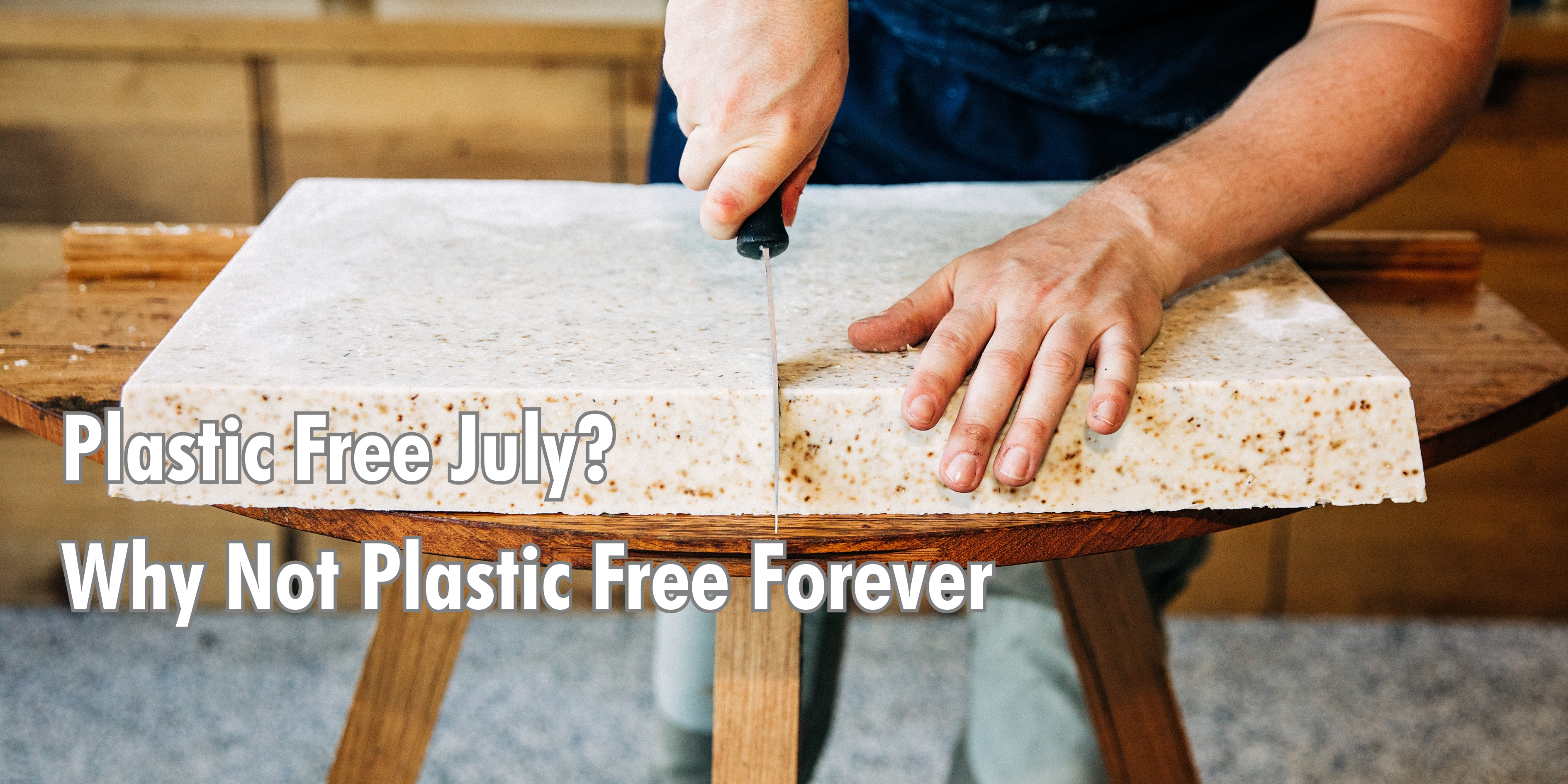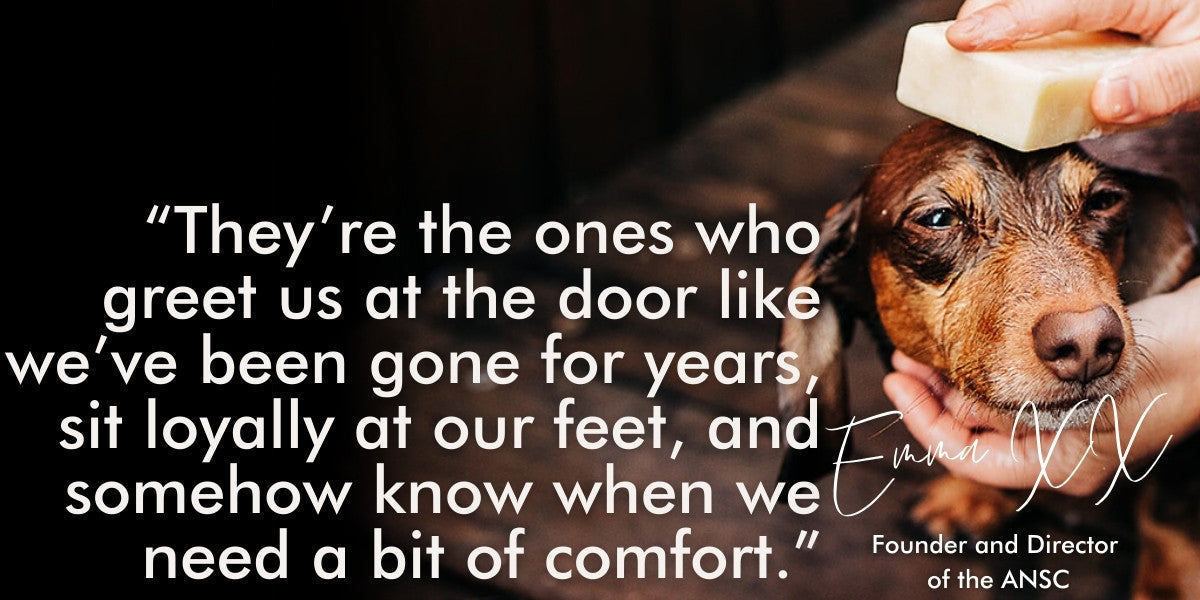The Truth About Recyclable Plastic (Part Two)
·

·
Every July, thousands of Australians take up the Plastic Free July challenge. It's a fantastic initiative — a way to say “no” to unnecessary packaging and “yes” to better habits. But it’s worth asking: are we aiming high enough?
We’ve come a long way in how we talk about plastic. But one idea still dominates the conversation: recycling. The message is everywhere — that if we buy “recyclable” plastic and put it in the right bin, we’ve done our bit.
The truth? That’s not enough. And it never has been.
Why recycling won’t save us
Recycling gives us a sense of control. It feels good. It feels responsible. But the numbers don’t lie: in Australia, only 13% of plastic actually gets recycled. Most of it goes to landfill, or gets burned, or ends up as microplastic in our oceans and food chain.
Even the plastic that is recycled rarely becomes the same product again. Instead, it's "downcycled" into items like road filler or park benches — things that still end up in landfill later.
So when businesses market products in “recyclable” plastic, they’re not solving the problem. They’re just keeping the same system going — and slapping a green label on it.
The illusion of the “ethical purchase”
Philosopher Slavoj Žižek once said that companies like Starbucks sell more than coffee — they sell the feeling of doing good. Buy a latte, and you’re not just caffeinated. You’re supporting farmers, or planting trees. It’s consumption disguised as virtue.
This is exactly what’s happened with recyclable plastic. It lets us feel better about business as usual — even when nothing changes.
But no label can change what plastic is: a fossil fuel–based material that’s designed to last forever. We’re using it for everyday products that get used up in weeks — sometimes days.
Plastic isn’t a mistake. It’s the plan.
The truth is, pollution and waste aren’t just unfortunate side effects. They’re part of the system. It’s still cheaper to make things once and throw them away than to create something lasting and repairable.
Plastic made mass production easier. And now it’s everywhere: body wash in pump bottles, moisturisers in tubes, cleansers in soft plastic. Most of them are 70–90% water.
It’s not that consumers are doing the wrong thing. It’s that we’re being sold the wrong things in the first place.
So, what do we do?
Plastic Free July is a brilliant time to take stock. Not just of what’s in our recycling bin — but of what kind of future we’re voting for with every purchase.
At ANSC, we believe real sustainability starts before the checkout. We make products that don’t need plastic. No bottles. No pumps. No waste.
Instead, we use pure Australian ingredients. Natural soap bars for the face and body. Solid shampoo and conditioner. Soap flakes. All boxed in home-compostable packaging.
And this month, we're making it even easier. You can get up to 20% off our bulk plastic-free favourites — because doing the right thing should be simple.
Let’s make plastic-free the norm, not the niche. Let’s ask more of the brands we support. Let’s move beyond the bin.
Soapy hugs,
Emma xx




